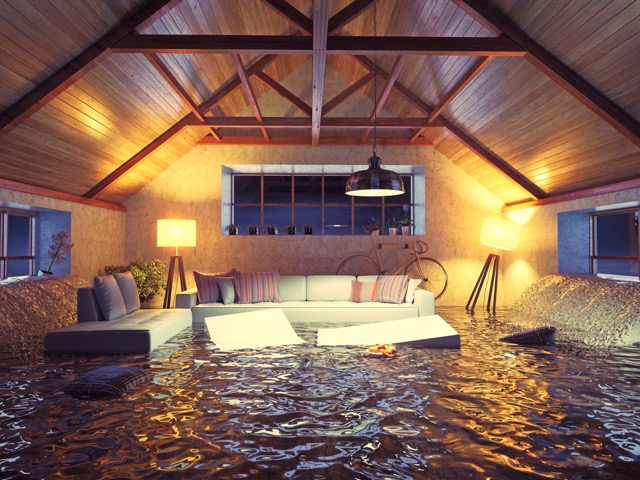No matter how well you plan, emergencies can happen at any time – and often when you least expect it. As a landlord or property manager, it’s important to be prepared for after-hours emergencies. This means having a clear plan in place for how to handle different scenarios and making sure your tenants know what to do as well. Here are Rhino Property Management’s tips for dealing with after-hours emergencies in rental properties.
Define Maintenance Emergencies for the Property
The first step in preparing for after-hours emergencies is to define what constitutes an emergency. This will help tenants know when it’s appropriate to call after hours for assistance, and when it’s not. Common examples of emergency situations include a burst water pipe or a gas leak, but it can also be something like a power outage or an issue with the heating/cooling system. Make sure that your tenants are aware of what qualifies as an emergency so they don’t hesitate to give you a call if necessary. Typically, anything that affects the habitability of a residence constitutes a maintenance emergency that should be addressed immediately.
Provide Contact Information
In the rental paperwork, provide tenants with the contact information of someone who can help them in the case of an emergency. Are they to call a different number than during daytime maintenance emergencies? Dealing with an emergency of any kind can be stressful and overwhelming. It is important to know who to contact in the various scenarios tenants may find themselves in – that way there’s a plan in place so property managers and landlords can take action quickly and avoid unnecessary stress and damages.
Who’s Responsible for Repairs in Property Management?
This should be detailed in your rental agreement and it may vary depending on why the repairs are needed. In some cases, a landlord may be responsible for all or part of the cost while in other cases, a tenant may be liable for certain repairs. It’s important to know who is financially responsible for what type of maintenance so you can plan accordingly in case of an unexpected issue. If there is ever confusion about this topic, contact your property manager immediately to help clear things up and make sure everyone is on the same page. Knowing when and how you will pay for any necessary repairs ahead of time can make dealing with an emergency much easier.
What to Do if There’s a Water Leak
If, as a tenant, you find a water leak in your home—whether it’s a dripping faucet or an overflowing sink—the most important thing to do is remain calm. Identify the source of the leak and shut off the water valve if possible to stop the flow of water. If you cannot locate or access the main water valve, it’s probably time to contact property management or a local plumber.
What to Do if There’s a Power Outage
If you experience a power outage in your rental unit, there are some important actions you should take to stay safe and prepare for potential repairs. First, check all fuses and circuit breakers – if a breaker is tripped it may be the cause of your interruption in power. If everything looks good there, check with the property management company and utilities services to see if they are already aware of the outage. During a longer term power outage, it may even be necessary to evacuate the premises or work with the property management or power companies to get temporary heat sources in your home.
What to Do if There’s a Gas Leak
In the event of a gas leak, it’s important to remember to stay calm and act methodically. The first step is to open all windows possible – this reduces the amount of gas in the room and decreases the risk of a fire or explosion. After windows have been opened, exit the premises as soon as possible and, if you have time, alert other people within your vicinity on what is happening. Once outside, call your local fire department and property management. The utility company will then dispatch an expert to come to inspect the premises and assess the situation. Following these steps will significantly increase your chances of staying safe when a gas leak occurs.
Remember – Every Situation is Unique
It’s always important to use your best judgment in every situation you face. That being said, these tips are here as a reminder of how to generally approach life’s challenges. While each person and their circumstances are unique, there are some common themes that can help us navigate after-hours emergencies. Taking the time to go over the protocol for your rental home as a tenant will help you get the assistance needed in the event of an emergency, whether it’s from after-hours maintenance or municipal emergency services.

